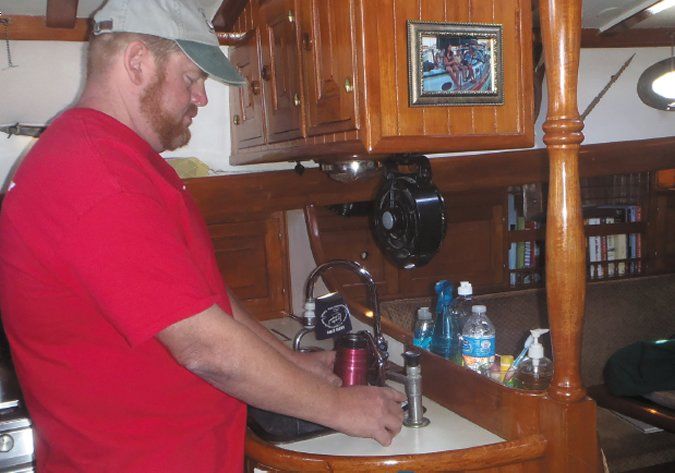I've been told by many that drinking water directly from the fresh water tank isn't a great idea unless it's first boiled.
So I am looking into a filtration system to add at the galley sink. Curious to know opinions on (1) whether it's safe to drink, and (2) which systems have been used successfully.
Thanks!
So I am looking into a filtration system to add at the galley sink. Curious to know opinions on (1) whether it's safe to drink, and (2) which systems have been used successfully.
Thanks!



